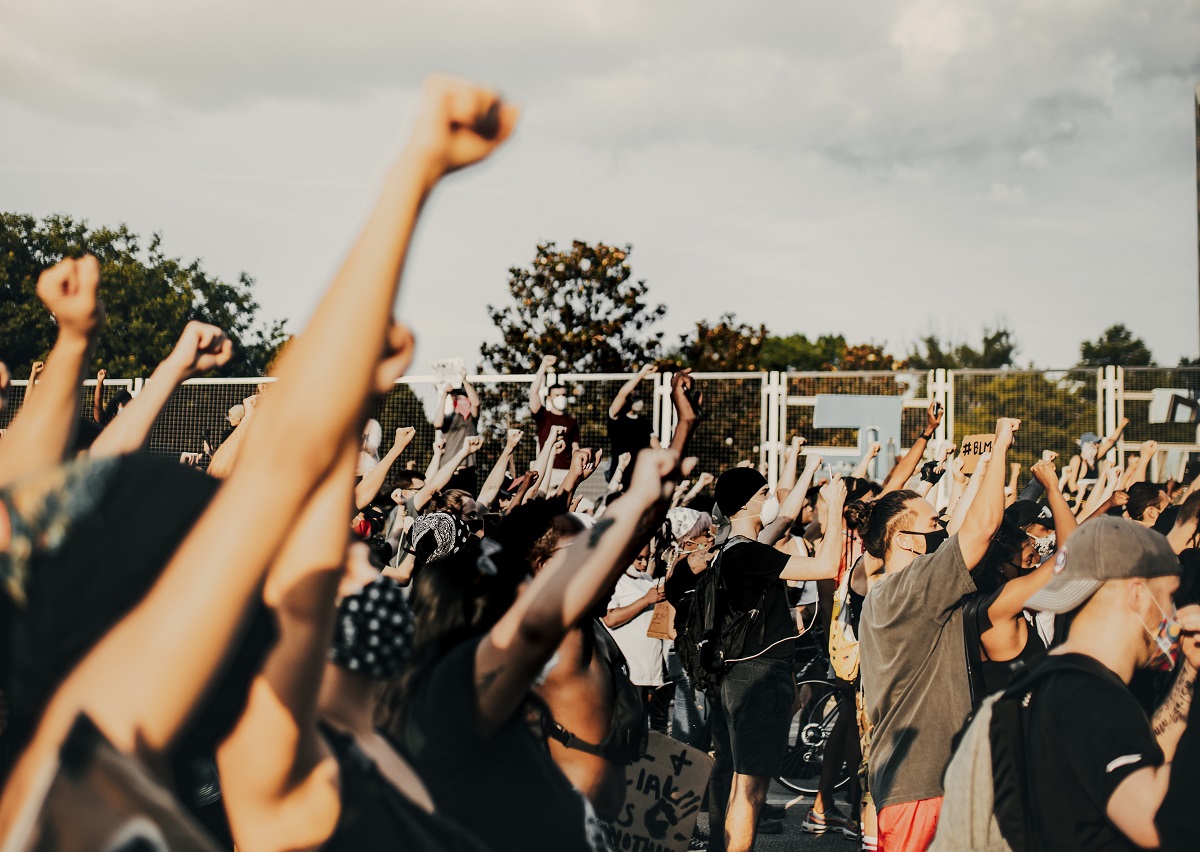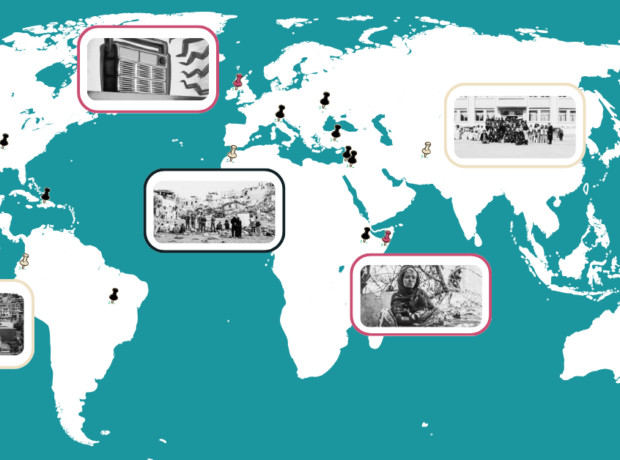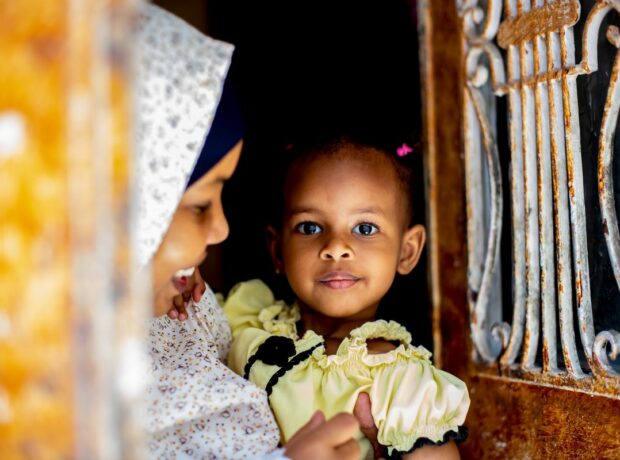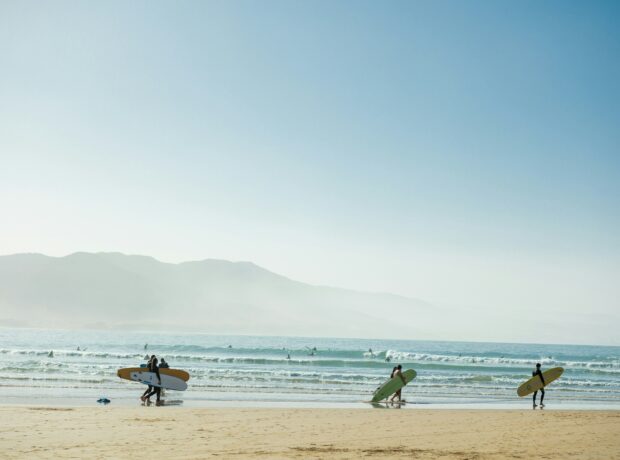With the emerging cost of living crisis, increased strike action, and the aftershock of Covid, 2022 was a challenging year for human rights in the UK. Lacuna’s stories have ranged from podcasts about “vaccine apartheid” to the campaign for free school meals. Our writers explored inequality, identity and injustice with insights into the Rohingya refugee crisis, the “overpopulation myth”, and the need for diversity within the NHS. With a new year on the horizon, here is our editor’s pick of human rights stories from 2022.
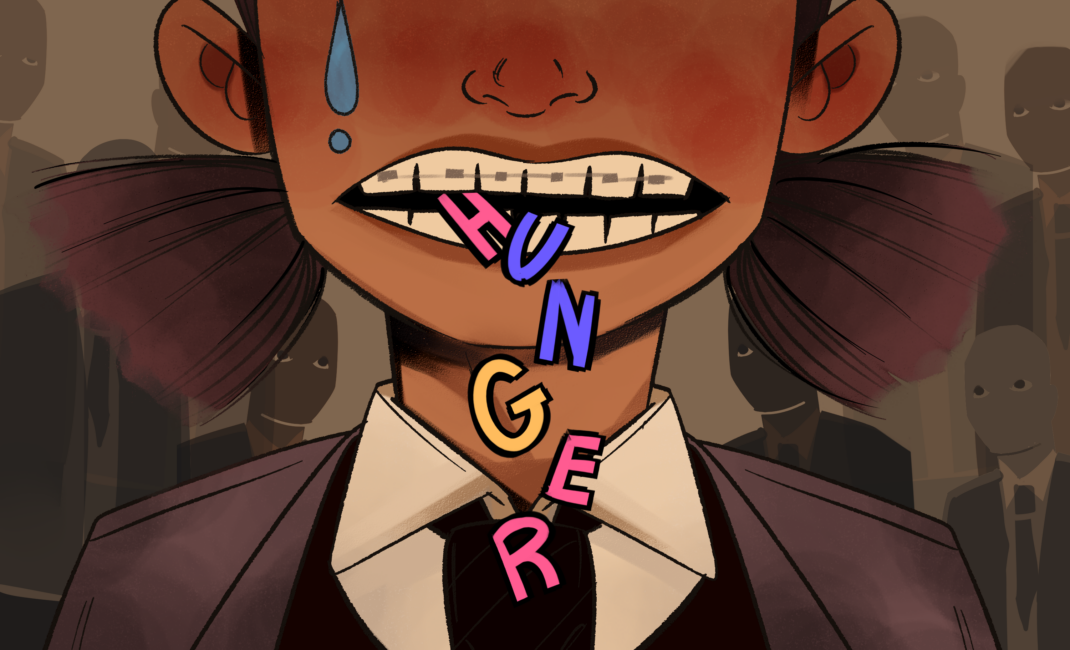
Free school meals: Why did MPs vote against helping hungry children like me?
We’ve been deluding ourselves for too long that child hunger is not a 21st-Century issue. It is.
Seventeen-year-old Ellie Beckett shares her experience of free school meals, including feelings of stigma and shame. As the UK faces its worst cost-of-living crisis in 40 years, she asks why footballers are campaigning for child rights and against food poverty, while MPs turn away. Find the full story here.
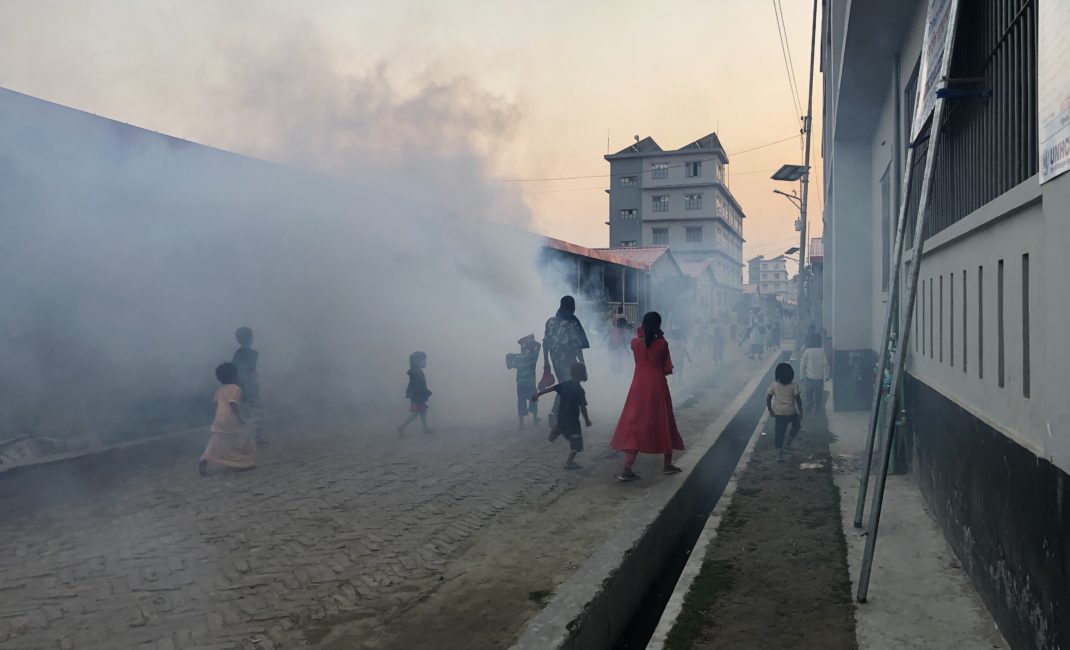
Bhasan Char: Prison island or paradise? Are Rohingya refugees being denied their right to freedom of movement?
While there may be debates over whether the majority of Rohingya refugees are lawfully residing in Bangladesh, the fact is they fled Myanmar because they were forced to.
The government of Bangladesh plans to move 100,000 Rohingya refugees to the island of Bhasan Char. The plans not only raise questions about freedom of movement, but about the unlawful detention of refugees. Following a visit to Bhasan Char, our authors, two researchers, explore the issues on the island and beyond. Find the full story here.
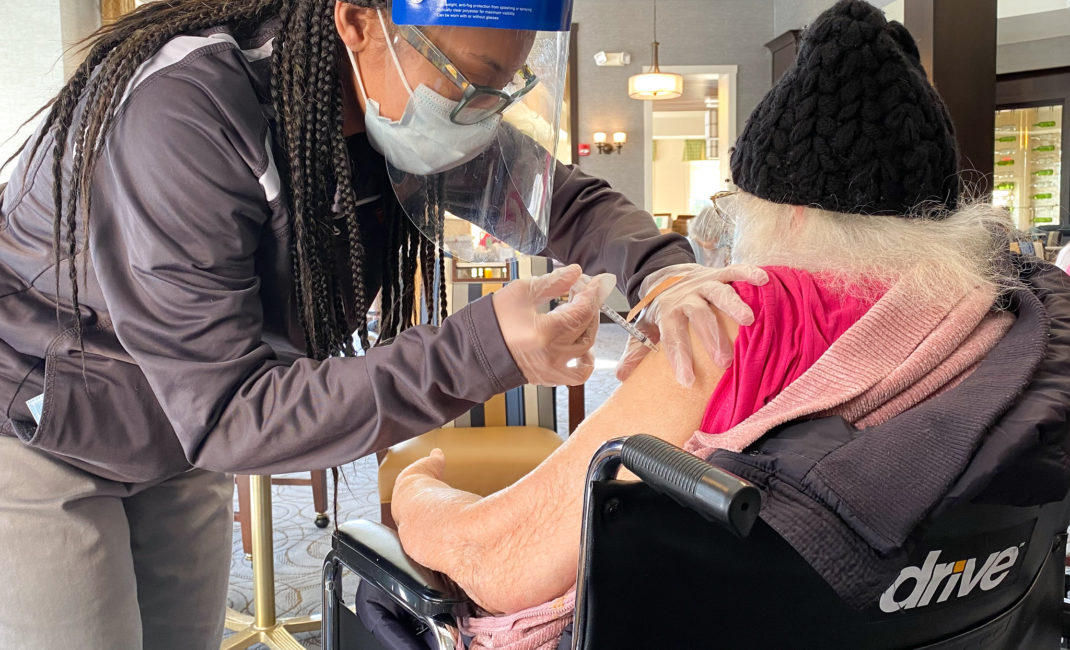
A shot in the dark: A three-part podcast about Covid vaccines and human rights
“We also want people to ask, ‘What needs to change in the future?’ Maybe it’s too late to change things for the equitable distribution of Covid-19 vaccines, but what could have been done differently? This is the time to reflect and improve upon our approach for, dare I say it, the next public health crisis.
This new podcast asks what access to Covid-19 vaccines shows us about global health inequalities, why the at-risk are being neglected and how young people are being affected. Find the full story here.
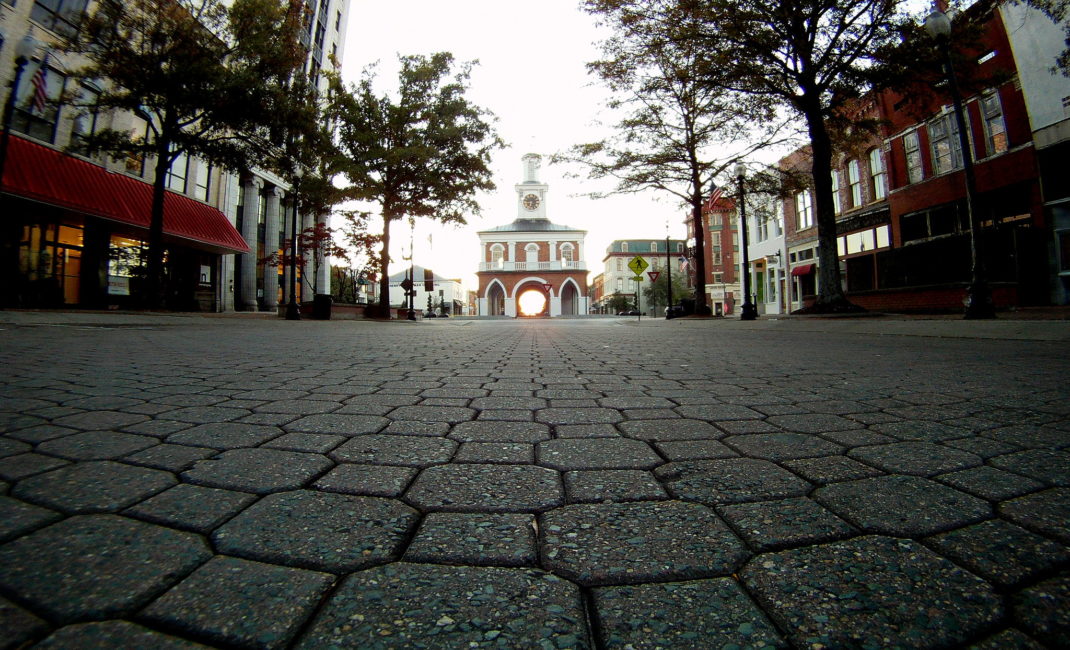
Black Lives Matter: Statues are falling but what about buildings?
There are beautiful, loving, creative, nuanced, and joyful stories of the Black experience that almost never get told.
Statues are falling, but what about buildings with a racist history? Should Fayetteville’s Market House be demolished or preserved? In Fayetteville, North Carolina, the birthplace and hometown of George Floyd, there stands a beautiful building with an ugly history. Over the last two years, Black Lives Matter protests have highlighted the troubled symbolism of Fayetteville’s Market House, which was once a slave market and later co-opted by white supremacists. Historian Susan Breitzer finds a building is not as easy to remove as a statue. Find the full story here.
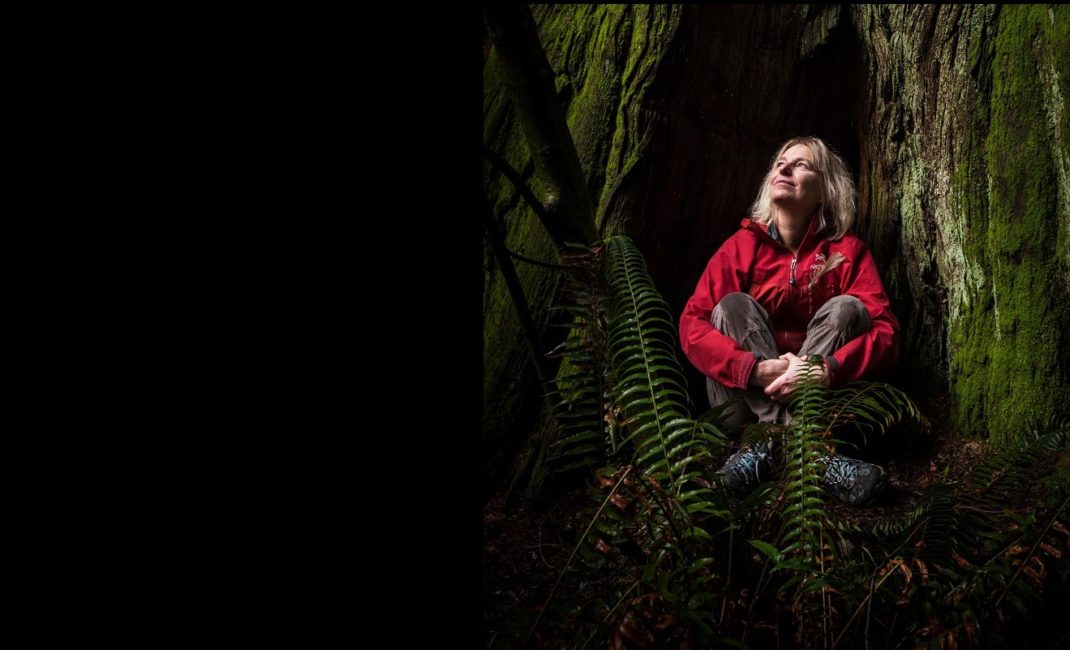
INTERVIEW: Suzanne Simard talks forest ecology, toxic masculinity and the taste of soil
“Trees and plants have agency. They perceive, relate and communicate; they exercise various behaviours. They cooperate, make decisions, learn and remember.”
In this podcast interview, ecologist Suzanne Simard recalls her childhood in the forests of British Colombia and her painstaking research to reveal the “wood wide web” connecting the trees. Her pioneering work inspired James Cameron’s Avatar and Richard Powers’ Pulitzer prize-winning The Overstory. Here, she speaks to Adam Weymouth about entering the male-dominated world of scientific research, challenging Darwin’s theories and eating dirt. Find the full story here.
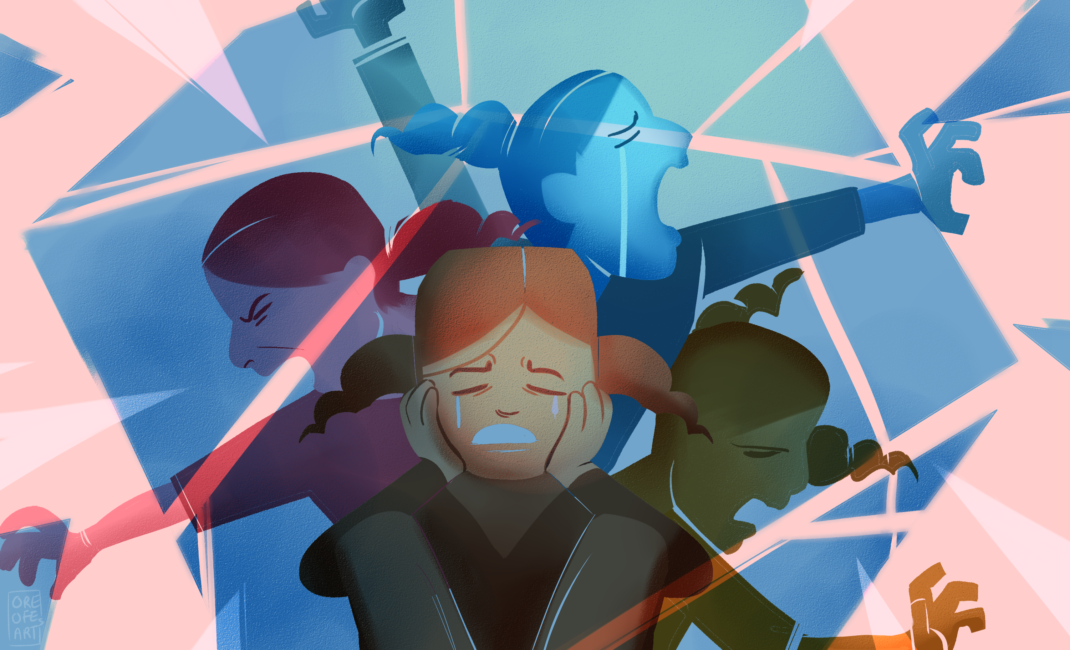
How Covid worsened social exclusion and mental health outcomes for the UK’s most marginalised children
Until today, there is a glaring lack of data on the number of British children who have experienced social exclusion or detrimental impact to their mental health throughout the pandemic.
No one in the UK has been untouched by the Covid pandemic. But what impact has Covid, the nationwide lockdown and other pandemic policies had on the social development and mental health of the UK’s most deprived young people? To find out, Amandas Ong speaks with young carers, asylum seekers and school pupils in Haringey, Blackburn and Newcastle. Find the full story here.
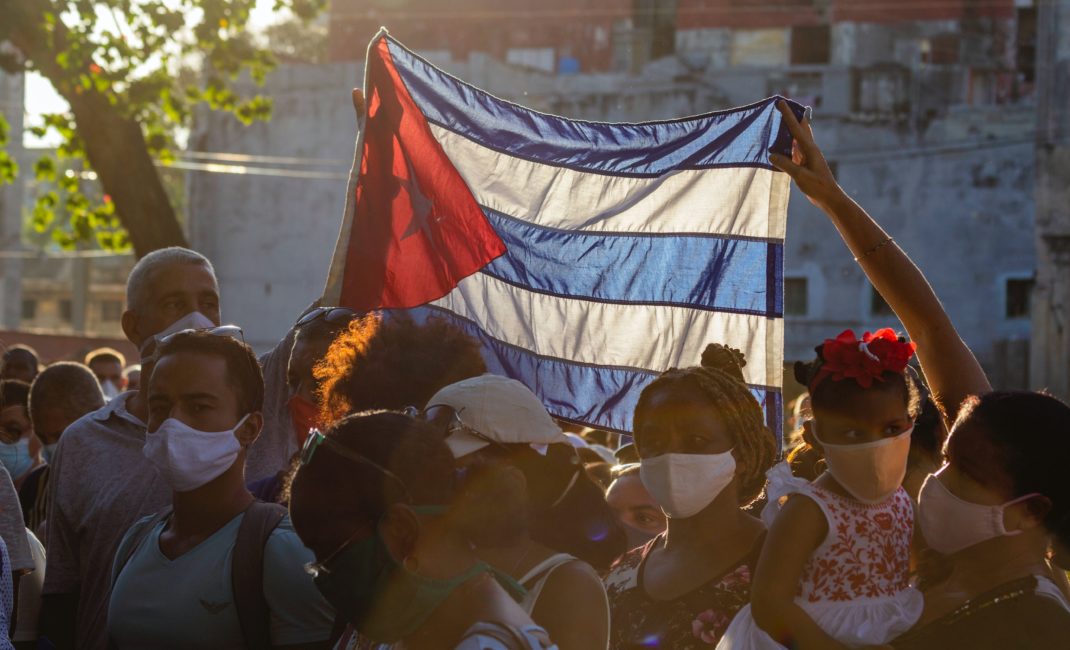
Cuba combats ‘vaccine apartheid’ to protect countries in the Global South against Covid-19
But bilateral agreements struck between wealthy countries and pharmaceutical giants have undermined the scheme’s success, and resulted in tokenistic gestures of “goodwill” by wealthy countries “donating” stockpiled vaccines with a short shelf life to poorer ones with little notice, making it difficult, if not impossible, for the latter to use those doses to vaccinate their populations.
When the Covid-19 pandemic hit and wealthy countries assured poorer countries that ‘help is on the way’, instead of waiting for those promises to materialise, Cuba got to work. Belinda Rawson explores how one of the poorest nations in the world is developing vaccines and sharing them where they’re needed most. Find the full story here.
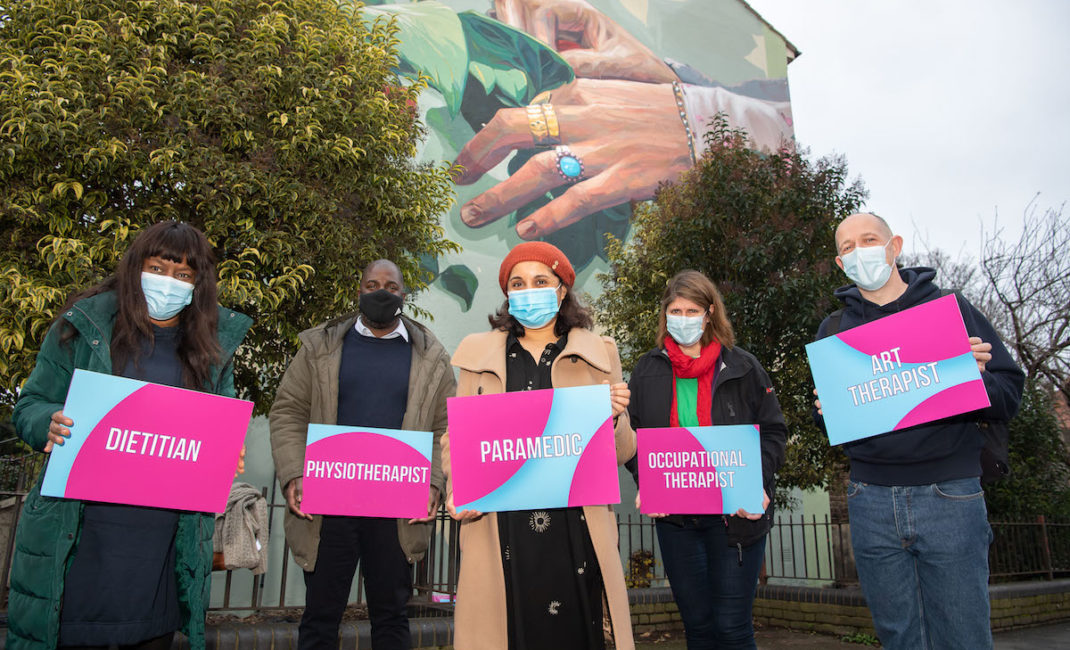
Allied Health Professionals: Why does the third largest NHS workforce have a problem with racial diversity?
“For young people who are looking to go into the healthcare profession, it’s important to be able to see someone who looks like you and have that inspiration to be like, ‘I can do that – if they’ve done it, then why can’t I?’”
This hidden workforce in the NHS has one of the lowest percentages of ethnic minority workers. Journalist Mina Hadi visits an east London school and examines a local gardening project to learn about Allied Health Professionals, asking what can be done to address their diversity problem? Find the full story here.
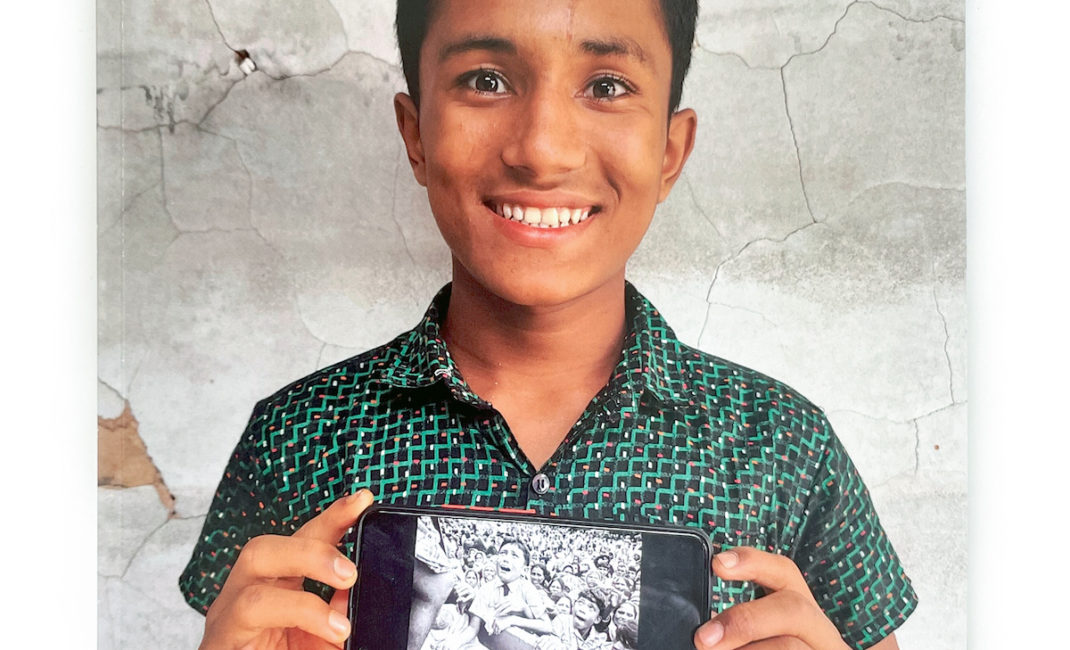
Rohingya refugees are using photography to tell their own stories
“We want people to see us as human beings, just like everyone else, and we want to share our hopes and dreams, our sadness and our grief with others, to make connections.
In the world’s largest refugee camp, Rohingya refugees are using cameras and mobile phones to document their lives for a new magazine. Find the full story here.
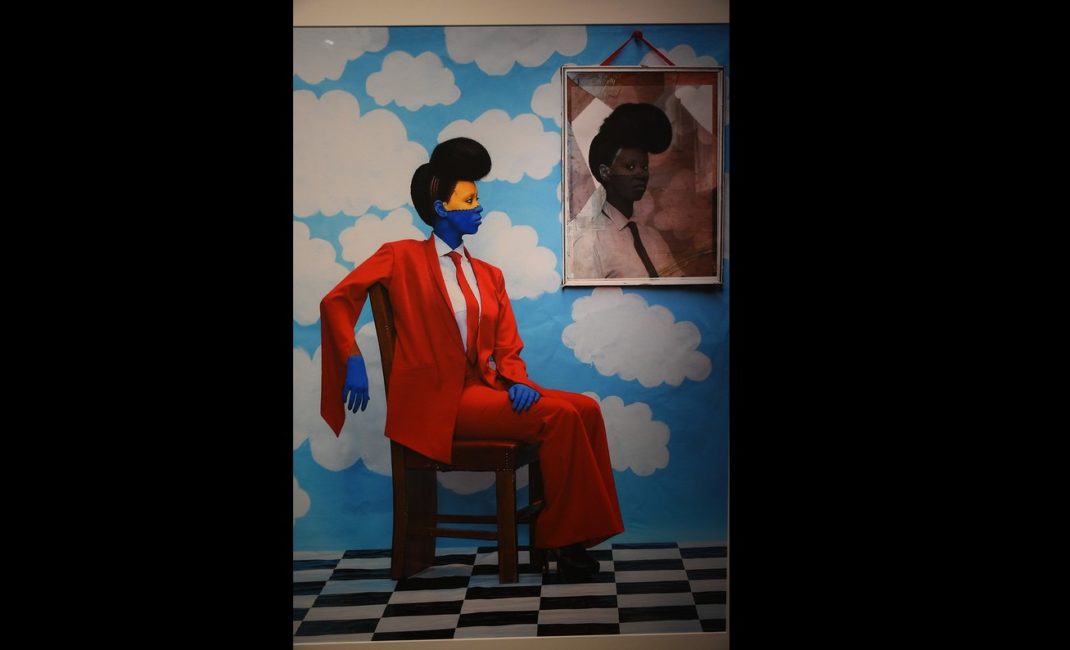
Currents: 9 African artists using their art for climate activism
“I want to tell the story of a family where everything is going well, but turned upside down by global warming and the lack of water.”
Contemporary African artists and creatives are using fashion, painting, photography and film to highlight the climate crisis. As the continent faces severe water shortages, artists are turning their work into activism. Find the full story here.
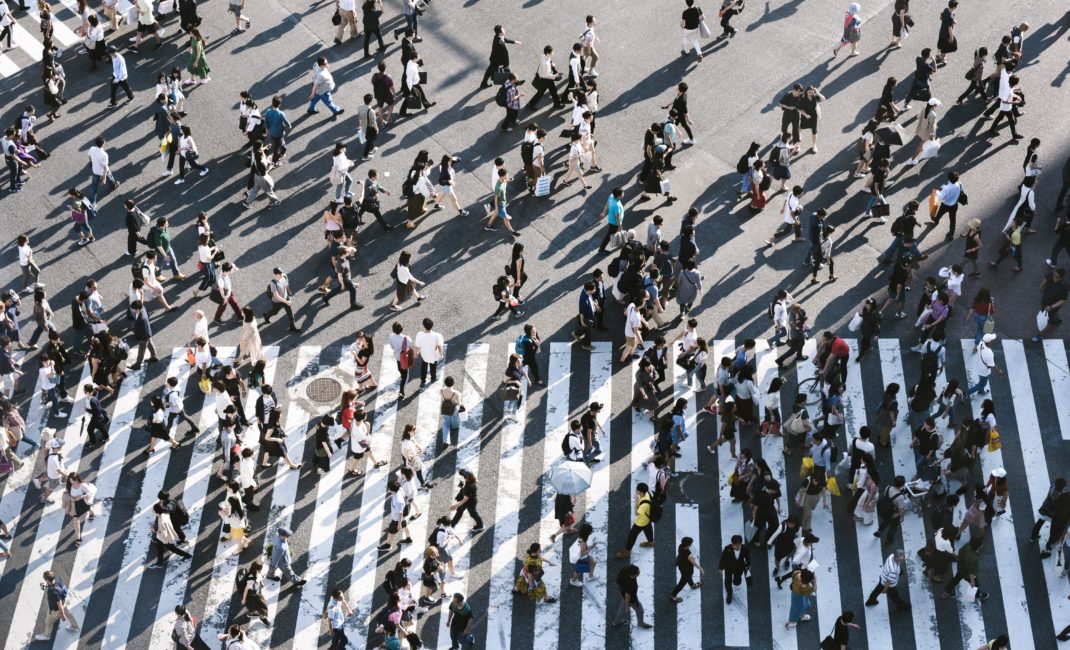
Overpopulation, Apocalypse, and Migration: A conversation with Betsy Hartmann
Pointing the finger at overpopulation does little more than perpetuate the inequalities that are already being exacerbated by climate change.
In our latest episode of Spoken Earth, podcast host Adam Weymouth speaks with Betsy Hartmann about the idea of “overpopulation”, asking why the argument is given widespread legitimacy, how it plays into the hands of the far-right, and whether you can be environmentally friendly and still have children. Find the full story here.
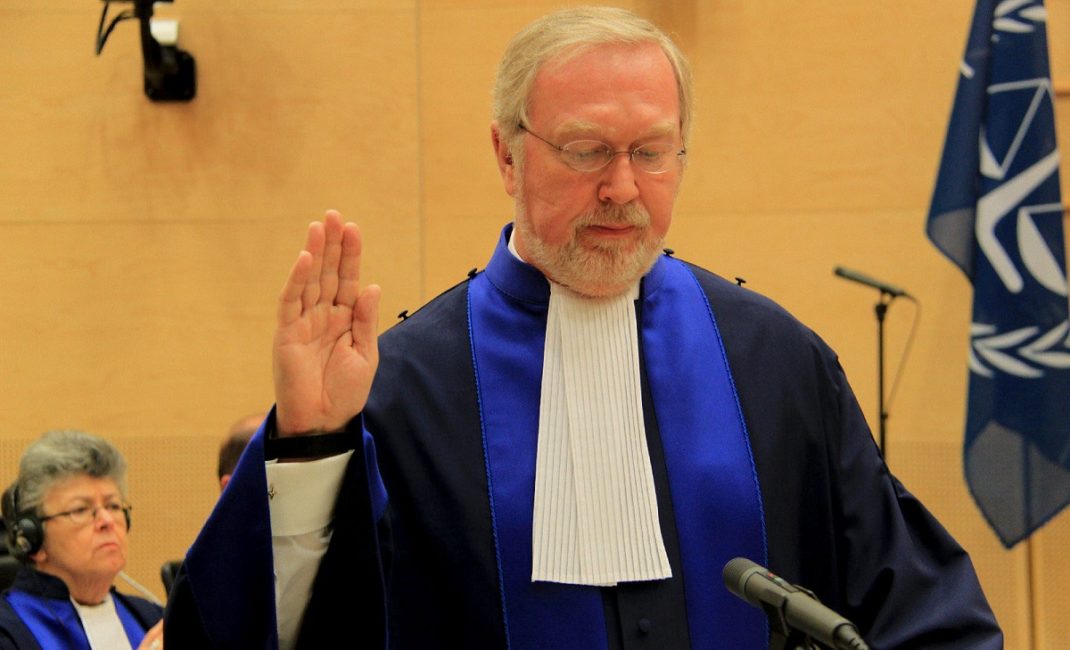
Inside the mind of an International Criminal Court judge: Sir Howard Morrison QC
As a lawyer, your job is not to bully or intimidate people – your job is to try and extract the truth as you are instructed that it is. You can’t be diffident about it. It’s somebody’s life on the line. If you’re prosecuting, you want to get the evidence out in a meaningful, believable way.
After defending in war crimes tribunals for Rwanda and the former Yugoslavia, Howard Morrison QC went on to serve as trial judge in the case of former President of Bosnia, Radovan Karadžić, before being elected as one of six judges for the International Criminal Court. Here we ask how he’s dealt with the effects of the crimes he’s handled, whether Ecocide could become the fifth crime tried at the ICC, and what advice Judge Morrison has for today’s law students. Find the full story here.
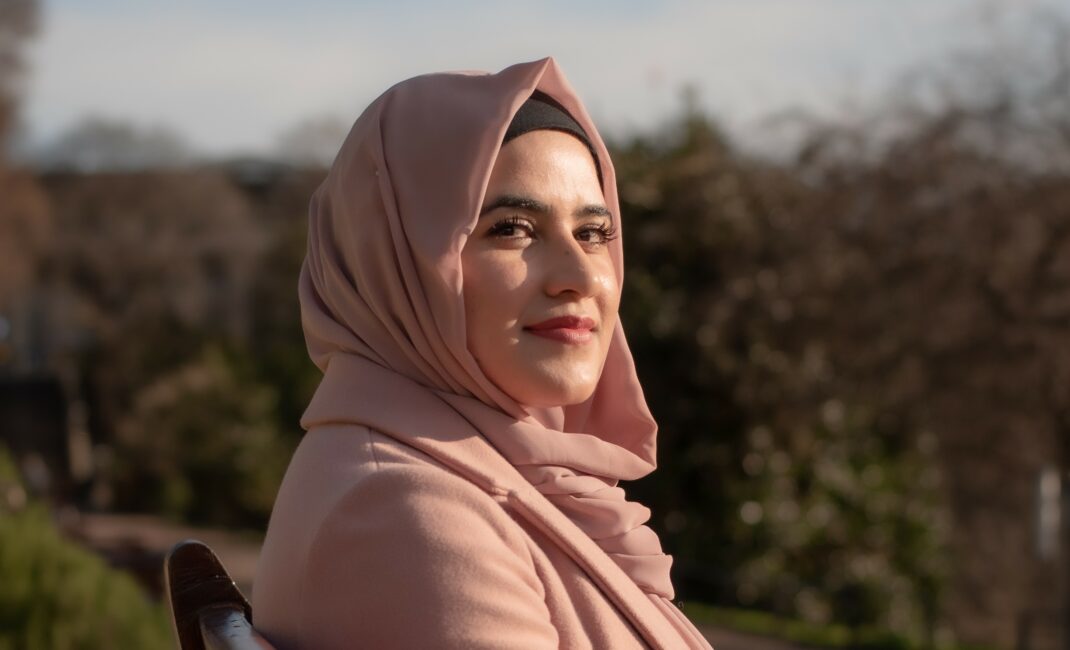
Our friend Malala: The incredible journey of three schoolgirls who survived a Taliban terrorist attack
I was born in Swat holding my pen and my paper, wanting to learn there. I had ambitions and dreams. I knew what I wanted to achieve when I grew up. With people asking me to leave, it hit me. I thought: ‘Yeah what if I leave? What of [my ambitions] then?’”
When the Taliban shot Malala Yousafzai, her school friends Kainat Riaz and Shazia Ramzan were also injured in the attack. Ten years later, they tell Nour Ghantous about their journey. Find the full story here.

A year on from the Girls’ Night In protests: Sober reflections on spiking and nightlife safety
Misogyny can be far less benign and manifest in a world of unchecked sexual harassment and assault, something I have learnt DJs are not immune from.
Using her experience of the nightlife industry, DJ Kate Williams explores how clubs and bars can tackle spiking and sexual assault. Did the Girls’ Night In protests make any difference? And what can be done to make nightlife spaces safer for women? Find the full story here.
- Lacuna Magazine thanks all our writers and readers for their continued support.
